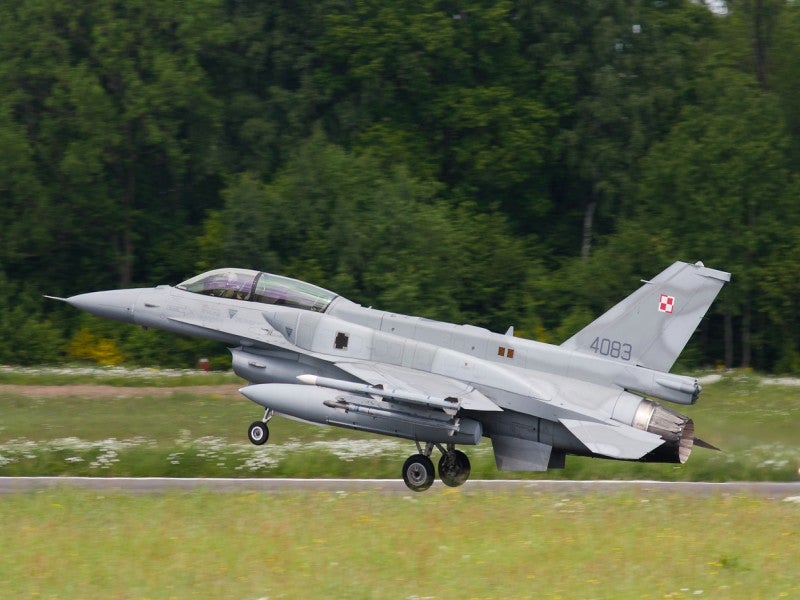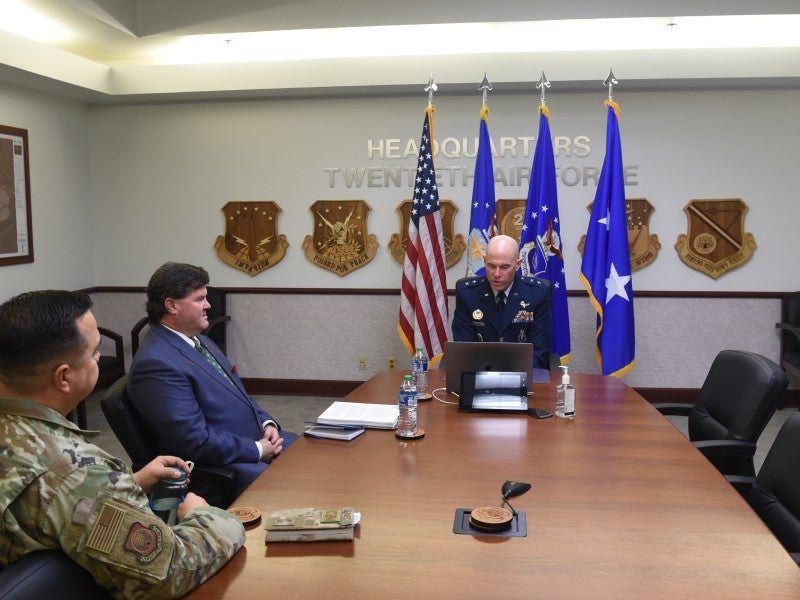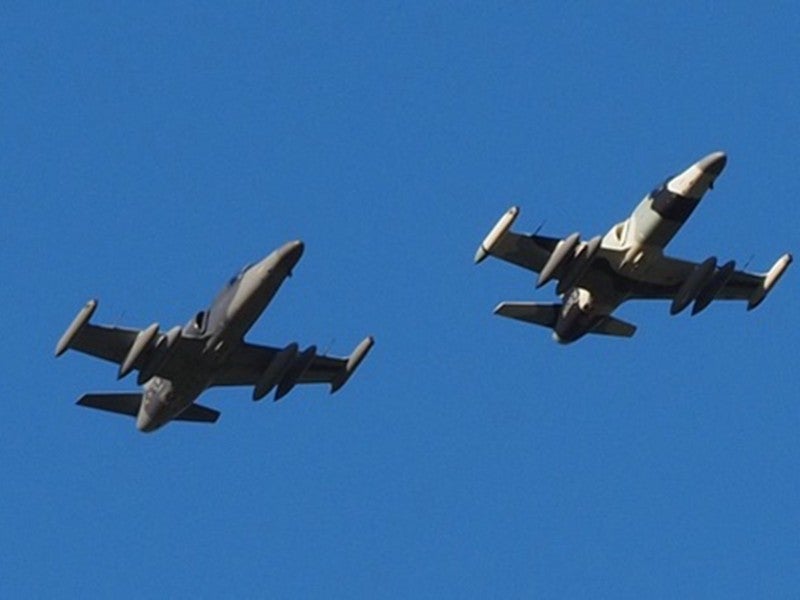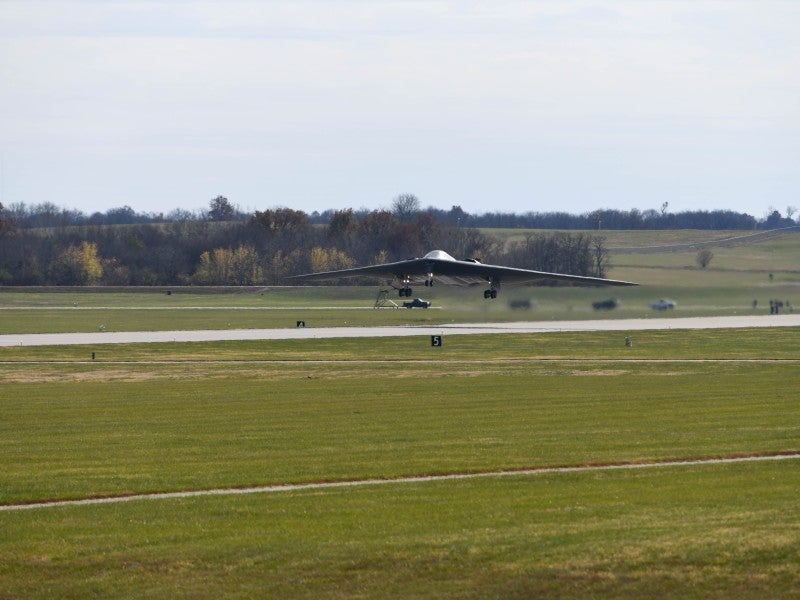
Six allied nations have signed a memorandum of understanding (MoU) to launch the concept stage of the next-generation rotorcraft capability (NGRC) project.
Participants in the project are the UK, Italy, Germany, France, Greece and the Netherlands.
The MoU was signed by representatives and ministers of the respective countries during a Nato Defence Ministerial meeting in Brussels, Belgium on 16 June.
The nations have also dedicated approximately $27.77m (€26.7m) for the NGRC project.
The NGRC concept stage will provide a foundation for the allied nations to develop and field the next generation of helicopters.
This concept stage will be executed by NATO Support and Procurement Agency (NSPA) on behalf of the participating nations.
The project aims to modernise and explore innovative solutions for helicopter fleets of allied nations. A letter of intent (LoI) was signed in November 2020 to launch the project.
The NGRC constitutes one of Nato’s multinational high visibility projects (HVP) and demonstrates the commitment of Nato allies to maintain a technological edge and pursue multinational cooperation.
Industry partners along with the six nations will explore to use of the latest technology available in the market to meet their requirements.
The countries will consider different options, including systematic open system architecture, hybrid and electric propulsion, and the delivery of radically improved flight characteristics.
Nato deputy secretary-general Mircea Geoană said: “By investing our resources and channelling our development through a multinational framework, we are making sure Allies will be equipped with the best available equipment.”
The medium multi-role helicopters can be deployed for a variety of military and civilian operations such as search and rescue, medical evacuation and transportation of people and equipment.




